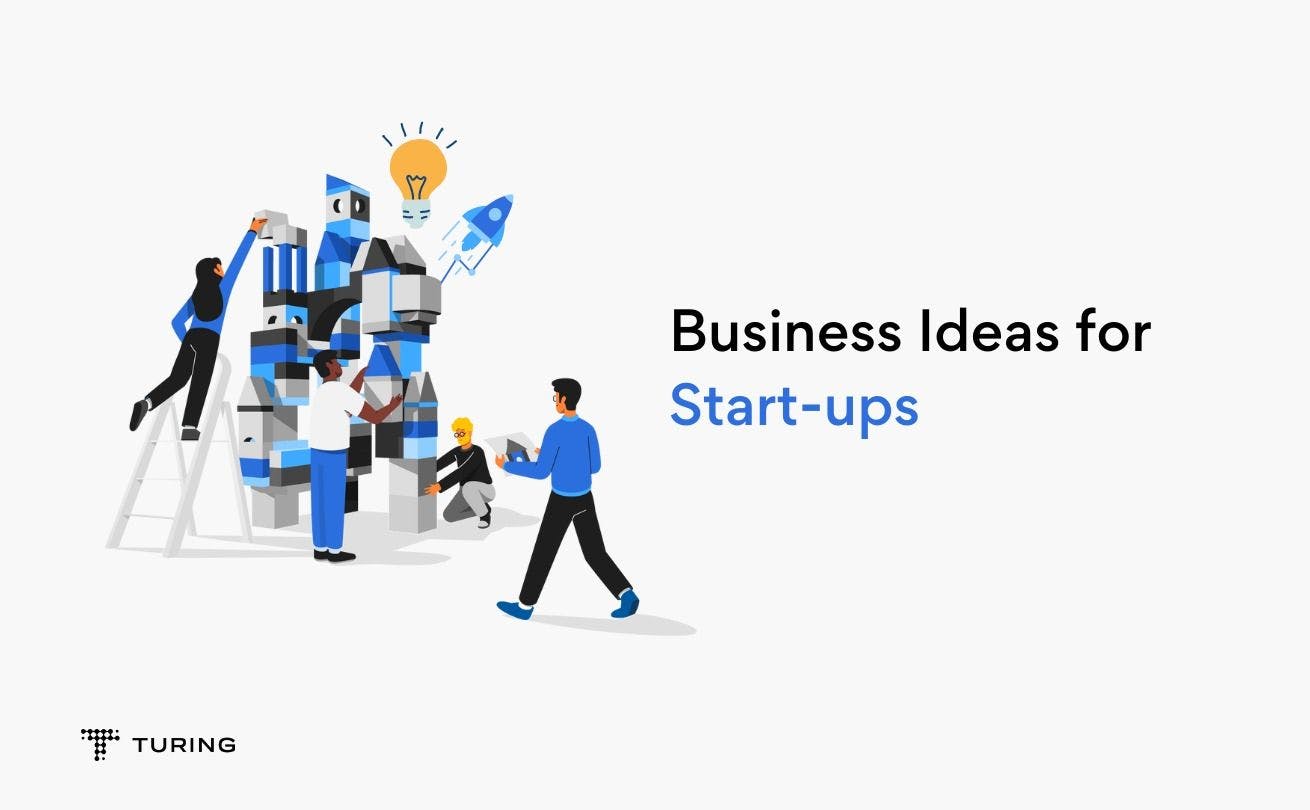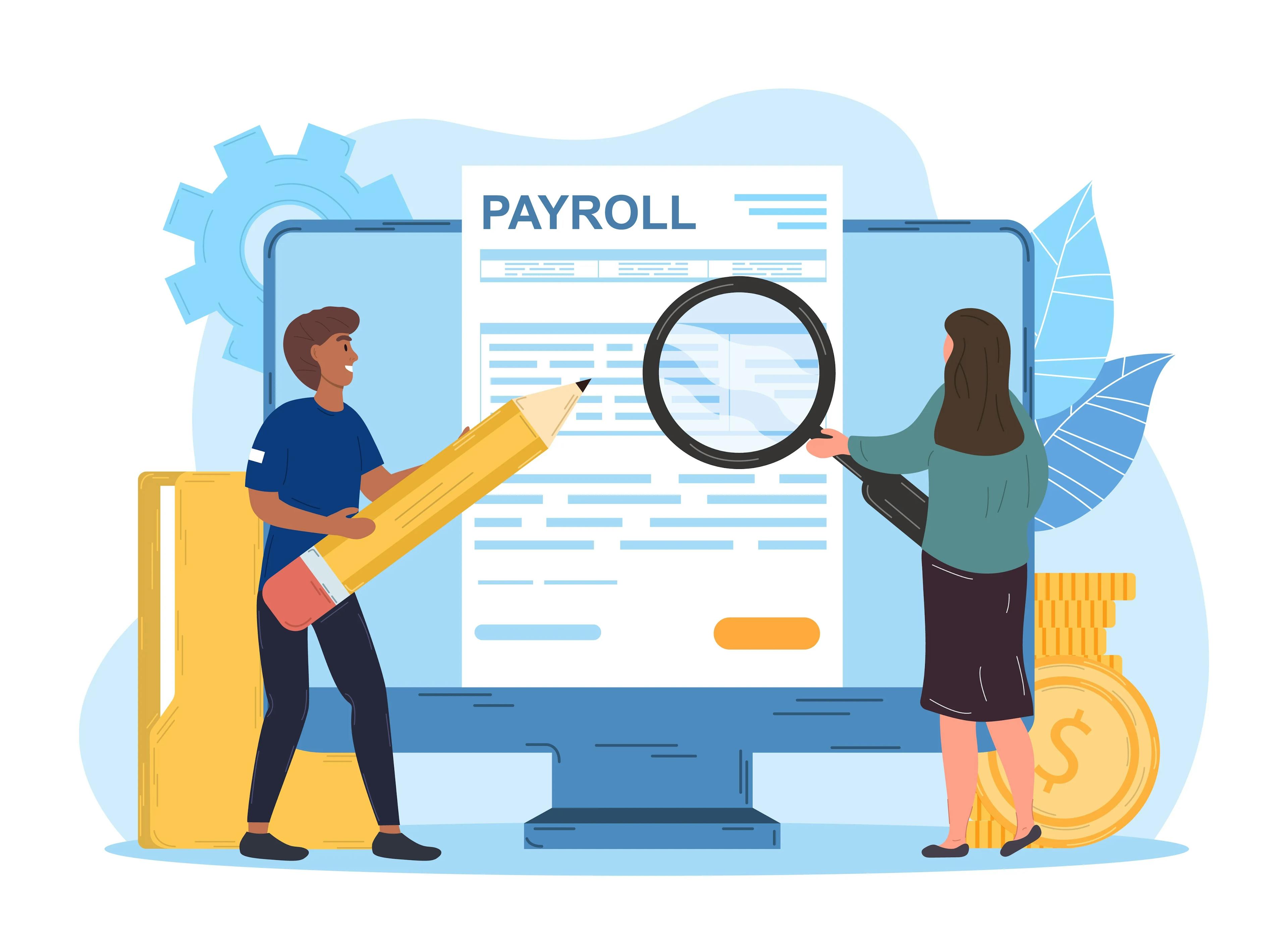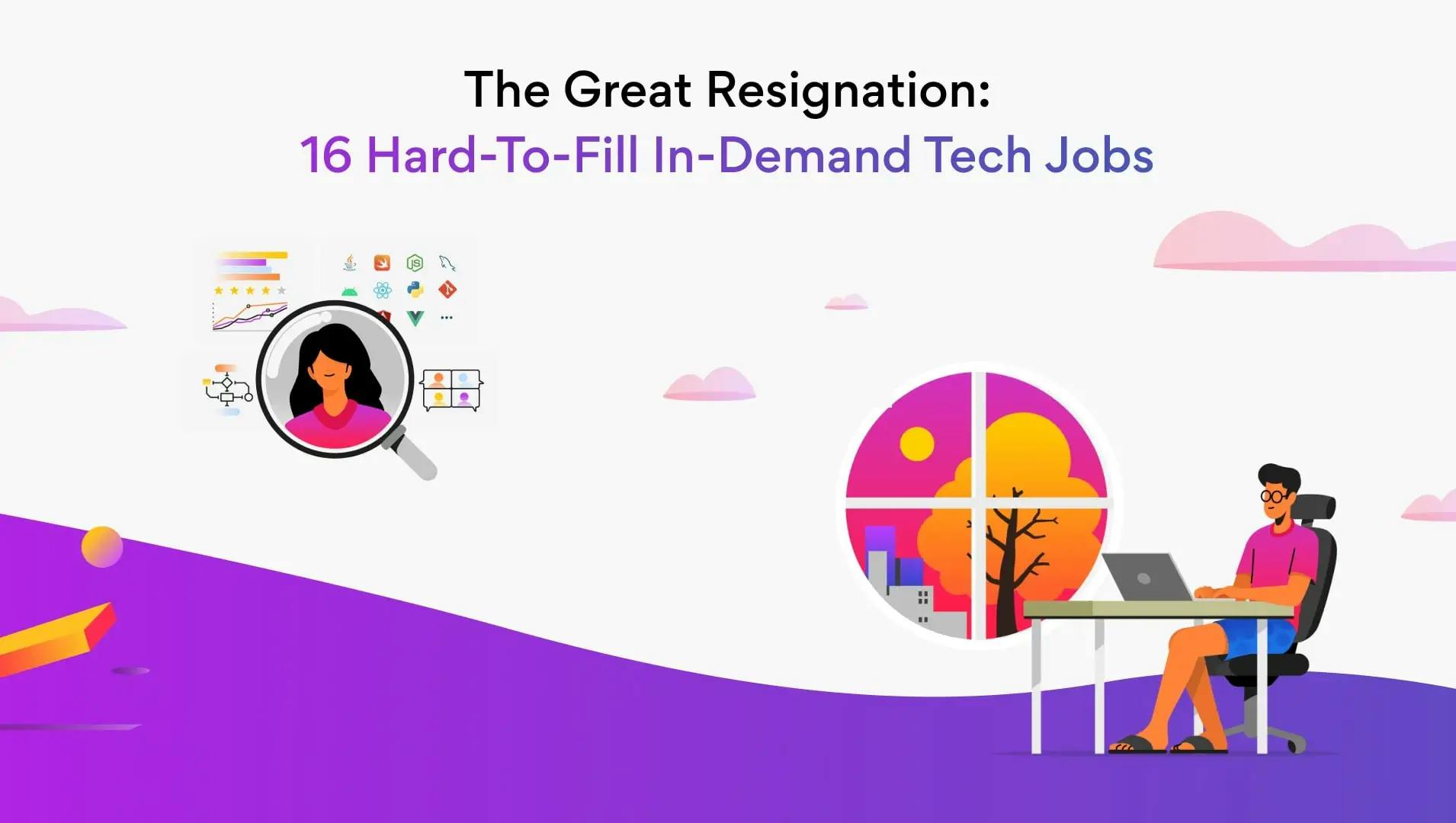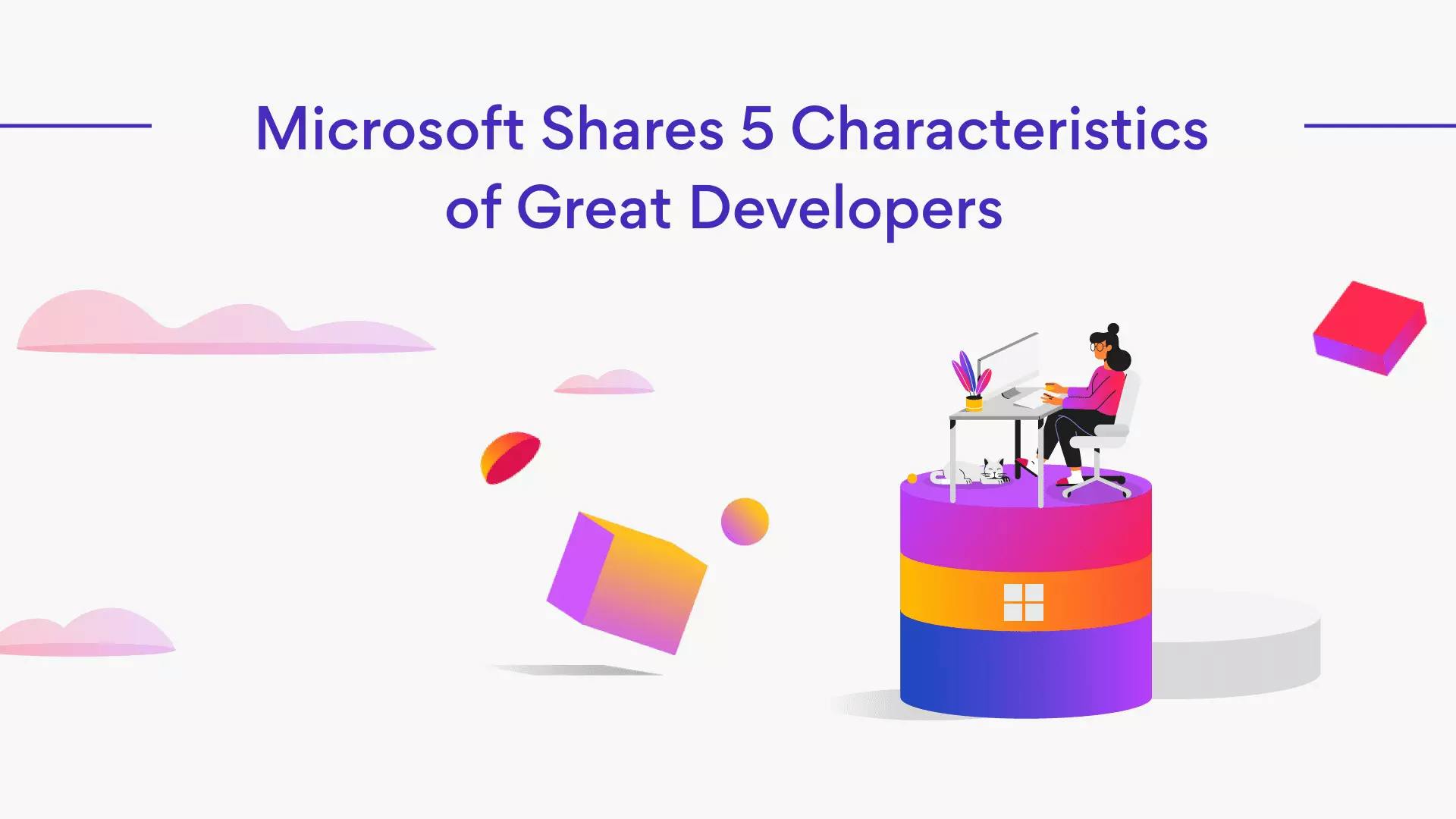Hire software developers remotely within 4 days
Turing brings you a cutting-edge, AI-powered deep-vetting talent platform to help you scale your engineering team with just a click. Hire deeply-vetted remote software developers in 4 days.
Get 3-week risk-free trial
4 days
to fill most roles, sometimes same day.
50+ hours
of engineering team time saved per developer on interviewing.
97%
engagement success rate.






Hire the top 1% of 3 million+ engineers who have applied to Turing
Here’s what customers have to say about Turing
See all reviewsTuring has been providing us with top software developers in Latin America. All our other vendors combined don't have the headcount that Turing does.
Program Manager of one of the world's largest crypto exchange platforms We hired about 16 ML engineers from Turing which reduced our hiring effort by 90% as compared to other vendors.
Engineering Manager of a NYSE-listed, Fortune 500 healthcare company We're super excited about Turing as we will scrap our existing lengthy interview process and lean on Turing's vetting to build up teams on demand.
Director of engineering of a US-based, multimillion-dollar finance company
Hire software developers through Turing in 4 easy steps
Tell us the skills you need
We'll schedule a call and understand your requirements.
We find the best talent for you
Get a list of pre-vetted candidates within days.
Schedule interviews
Meet and select the developers you like.
Begin your trial
Start building with a no-risk 3 week trial period.

How to hire software developers? Skills to look for, interview questions, and more
Software developers utilize mathematics, computer science, and engineering skills to design and build computer systems and software. From updating and debugging existing software to building new applications and infrastructures, software developers play a critical role in every organization across industries.
With the rise of the web, mobile, and other technologies, software developers are at the forefront of exciting new developments and technological advancements, taking the business to the next level. Companies looking to hire top software developers must follow a robust hiring process designed to source adequate talent with the best skill set and desirable personal characteristics for a harmonious working relationship.
Technical recruitment entails a lot of research and critical decision-making. But to simplify the process, we have put up an excellent resource to aid in sourcing the ideal software developer with great expertise that meets every requirement.
Skills to look for in a software developer?
When you decide to hire software developers who are highly proficient, it takes more than just scanning through stacks of applications. There are essential skills to look out for, and this brief run-down should help you get some ideas. A professional who checks off most of these requirements would be suitable for the position.
1. Programming proficiency
A software developer must have a thorough understanding of various front-end and back-end technologies to create interactive designs, web elements, and client and server-side scripts.
For a professional to be considered reliable and technically sound, proficiency in several cutting-edge technologies and best-in-class development practices are must-haves.
Hence, when you hire software developers, you must look for developers with thorough knowledge of technologies such as HTML, CSS, JavaScript, PHP, Java, C++, Python, Node.js, React.js, etc.
2. Flexibility and familiarity with diverse software environments
The best software developers always take on an open, pragmatic approach to their craft. Frequently, new technological advancements in the industry can impact the way developers approach problems and deliver on their responsibilities.
Designing highly flexible and performant architecture that can adapt to changes in both environment and usability requirements is a must-have skill for a professional software developer.
3. Data structures and algorithms
The knowledge of data structures and algorithms is a top priority to assess the problem-solving and coding skills of a talented software developer. Its importance lies in organizing data using the proper structure and algorithm to solve a specific problem and reduce time and space complexity.
Interested in hiring a Software developer?
Join Turing and find top developers now!
4. Knowledge of version control
Another essential skill you should look for when you hire the best software programmers is the knowledge of version control. The professional you hire will be working with a team of developers and other cross-functional teams. The developer will be responsible for ensuring quality and scalability in version control and sync well with all team members.
Consider hiring software developers with an advanced level of understanding of version control concepts alongside experience with GIT and similar platforms.
Work with top software developers from around the world
Turing helps you find the right developers for your project
5. Understanding of databases
An essential skill for software developers is to have solid expertise in working with databases and performing operations like storing records, creating, inserting, updating, deleting, etc.
Building applications and software without a database is almost impossible for any organization. Another critical business consideration is security issues and managing the complete organizational record with proper backup to prevent data loss.
It is wise to hire software developers with relevant working experience in one or more database technologies like SQL, Oracle, PostgreSQL, MongoDB, Cassandra, Redis, etc.
6. Expertise in testing
Before releasing software in the market or for end-users, a software application has to pass through several test cases to ensure credibility. This is an important step in finding out bugs and ensuring that the software is in the best shape for release.
Several testing methods exist to serve this purpose. Some of the most popular ones are:
Unit Testing: Here, every individual module or class is tested properly. There are several unit testing frameworks available like NUnit for C#, JUnit for Java, Embunit for C, or C++.
Integration Testing: This is important to test the interaction between different blocks or modules. It helps to exclude the incorrect processing of data.
System Testing: This testing method involves testing on complete and integrated software.
It can be categorized under the black box testing technique where it doesn’t require internal code knowledge.
7. Proficiency in the entire SDLC (Software Development Life Cycle)
The software development lifecycle is a step-by-step, systematic process to develop software, ensuring its quality and performance. Experienced software developers need to have ample knowledge of the proper life cycle of software, from the requirement analysis to the maintenance of the product. These phases include:
- Requirement gathering and analysis
- Feasibility study
- Design
- Implementation and Coding
- Testing
- Deployment
- Maintenance
During software development, every phase is crucial and needs to be followed accordingly to deliver a good product and mitigate issues early enough as they arise in each stage. It is best to hire software developers with expertise in the complete SDLC.
Create a hiring funnel
The software development life cycle is a step-by-step, systematic process to develop software, ensuring its quality and performance. Experienced software developers need to have ample knowledge of the proper life cycle of software, from the requirement analysis to the maintenance of the product. These phases include:
- Requirement gathering and analysis
- Feasibility study
- Design
- Implementation and Coding
- Testing
- Deployment
- Maintenance
During software development, every phase is crucial and needs to be followed accordingly to deliver a good product and mitigate issues early enough as they arise in each stage. It is best to hire software developers with expertise in the complete SDLC.
What Turing does for you
Candidates screening
We will help you select the best talents and spot a SKILL developer who will fit in your company culturally.
Test task
We verify if the candidate really wants to work at your company and is able to spend 5+ hours to prove it by rigorous tests. It helps us to see a developer's caliber.
Technical test
Developers are asked SKILL related questions and made to solve tricky problems. We use open questions. The goal is not only to test developers’ knowledge – we also want to find out their way of thinking.
Giving specific feedback
We provide explicit feedback on both the test task and the technical test after we have checked the developer's expertise.
What you do
Interview
You can interview the shortlisted developers to check if the candidate matches your requirements and is a good fit for your company.
Hired/Not-hired
Hire intelligently with developers sourced by software, vetted by software, matched by software & managed by software.
Top interview questions to hire a software developer
Recruiters associated with the tech industry are aware that it is critical to the success of your project that you hire software coders who are the right fit for your team. To get an overview of the candidate’s practical architectural skills and gauge the level of proficiency, here are lists of possible software developer interview questions to ask.
Work with top software developers from around the world
Try Turing today and discover great developers to fuel your ideas
Here are some more software developer interview questions that you can ask to assess a developer’s caliber.
- Describe your process for completing a software project from start to finish.
- What can you describe as the key principles of software development?
- What process do you follow when reviewing someone else's code?
- What are the major steps taken to identify and fix bugs in a large application?
- What does software testing entail?
- How do you keep your skills sharp and stay updated with recent technological trends?
Latest posts from Turing
Frequently Asked Questions
What is the no-risk trial period for Turing software developers?
The purpose of the 3-week no-risk trial period is to start working with the developers and include them in the team. If you are satisfied with the developers, you keep working with them and pay their salary including the first 3 weeks. But, if you are not satisfied during the trial period, then you won’t pay anything.
Do software developers work from home?
Software developers sure do work from home that minimizes cost for you. If you are looking to hire a proficient software developer, reach out to Turing to make the hiring process easy.
How do I hire software developers?
You can hire the best software developers in a couple of clicks with Turing. It's an AI-powered deep-vetting talent platform where you will find pre-vetted talent from across the world who are comfortable working in your time zone.
How does Turing vet remote software engineers?
Turing has created the first and only AI-powered deep-vetting talent platform to vet remote developers. Turing tests developers based on actual skills vs. self-reported experience from traditional resumes or job interviews. Every developer at Turing has to clear our tests for programming languages, data structures, algorithms, system designs, software specialization, frameworks, and more. Each Turing developer goes through our automated seniority assessment test comprising 57 calibrated questions in 5 areas — project impact, engineering excellence, communication, people, and direction.
For which other skills can I hire remote developers from Turing?
With Turing, you can hire the best remote developers for 100+ skills such as React, Node, Python, Angular, Swift, React Native, Android, Java, Rails, Golang, PHP, Vue, DevOps, Machine Learning, etc. Turing also offers developers based on tech stack and seniority.
What companies hire software developers?
The top companies that hire software developers are Apple, HCL, Cisco, IBM, Google, and Facebook, to name a few. With the help of Turing, you can hire the top 1% of 3 million+ software developers for your company.
Hire Turing Developers
Let’s Find the Right People to Accelerate Your Roadmap
You don’t need more resumes. You need the right talent embedded in your workflows, aligned to your KPIs, and ready to build from day one. Let’s talk about what’s missing, what’s possible, and how we can help you move faster.










